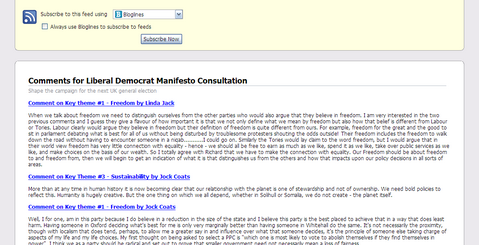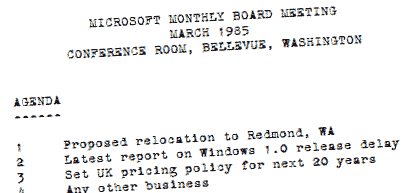 It’s quite a strange experience to find yourself in a conversation which quotes Doc Searls, standing by the discounted CDs rack in your local Tesco’s. But with Hugh MacLeod passing through on his 12-day odyssey to promote Stormhoek wine in time for Valentine’s Day, I felt obliged to down tools for an hour or so and meet a man who almost counts as a celebrity.
It’s quite a strange experience to find yourself in a conversation which quotes Doc Searls, standing by the discounted CDs rack in your local Tesco’s. But with Hugh MacLeod passing through on his 12-day odyssey to promote Stormhoek wine in time for Valentine’s Day, I felt obliged to down tools for an hour or so and meet a man who almost counts as a celebrity.
Hugh’s a man on a mission to find a Valentine; to convince Tesco’s to stock his vineyard’s fine produce; to make a mini-road movie; all of these and, er, whatever tomorrow brings, by the sounds of it. Regardless, it was great to chew the cud with a truly influential figure, someone who really ‘gets it’ – and to come away with a legendary business card.
Oh, and I had a taste of the wine itself. If you look closely at the Stormhoek push, you’ll notice that it’s the one thing they don’t ever talk about. I asked why: the answer, which is fair enough, being that you inevitably find yourself getting into ‘whoosh of hollyhocks’ territory. Suffice to say, I tried the new ‘Big Love’ rosé and found it to be very nice indeed; not at all bitter, and with enough depth to satisfy my red-wine-only preference.
Hi to Colin and Cath, Hugh’s partners in crime… and good luck all, with your continued quest. I hope you can get the stickers off the Land Rover OK.

